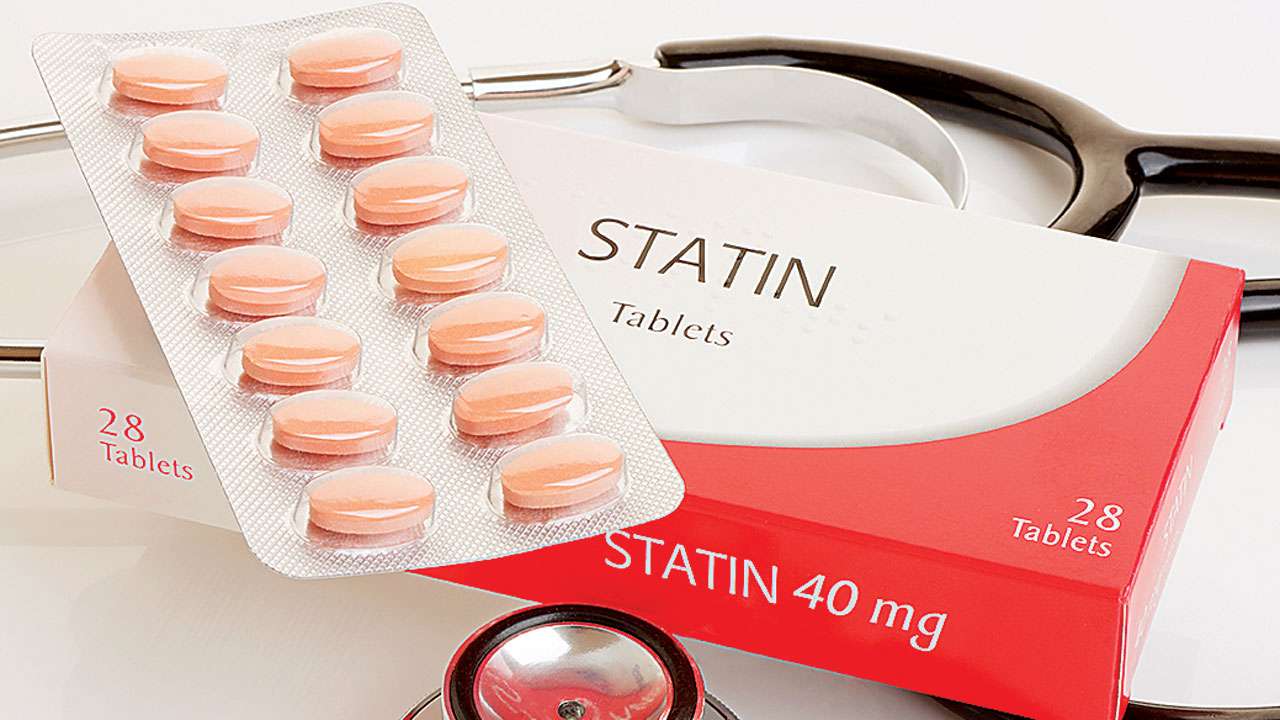
The many questions that whirl around the subject of medical ethics, there is nothing quite as consuming as those that deal with cardiovascular diseases. In India, heart diseases account for a whopping one-fourth of the total deaths annually. It is not surprising that the closest to these delicate matters of the heart is the dreaded cholesterol, whose antidote comes in the form of statins, a class of lipid-lowering medications found to reduce cardiovascular diseases, an investigation by this paper has revealed. They help lower cholesterol levels in the blood, thereby preventing heart attacks and strokes.
Now, the bad news. Latest research is veering around to the view that the popularity of statins, yet thought of so highly, could produce undesirable side effects like muscle and liver damage, memory loss and diabetes to name just a few, all killers in their own right. Findings in Lancet, the highly respected British peer-reviewed medical journal, has concluded from a 2015 study that new types of statins “would not reduce the adverse side-effects of increased risk of Type 2 diabetes.” While Lancet does not propose a withdrawal or suggest imposing restrictions on the use of statins, the subject has certainly touched a raw nerve.
For some years now, statins has been the centre of public debate on its exact efficacy. But as with all polemic about things technical, information on the subject in the public domain is strictly limited, a point emphasised by the Indian Journal of Medical Ethics. The journal has maintained that data available from clinical trials are scarce to arrive at a definite conclusion. Globally, clinical trials are a critical and indispensable component of the drug development process. Technically, no drug consumed by anyone would be available without patients who have participated in such trials. The problem, as ever, has more to do with the motivations of the medical fraternity and the role of global pharmaceutical corporations, who set up, and then enforce their agenda.
The editor of the Indian Journal of Medical Ethics has a point when he says that there is no reason why companies that conduct trials to ascertain the potency of a medicine, suddenly turn coy when it comes to making that data available in the public domain. Certainly, there are no good reasons to do so, particularly in view of emerging lifestyle diseases. There is a crying need for indigenous clinical trials. One estimate puts the total percentage of clinical trials in India to 1.4 per cent globally, but it can be no one’s case that rules about such trials in this country are any less stringent or demanding.
As compared to most countries, patients’ rights and their safety, are of prime concern. The statins question appears to have fired a lively debate, not a routine occurrence by any chance in the somewhat staid world of medicine. But, there is little doubt that it is for the greater good. Guidelines on who should be prescribed statins are not easily available in India, as compared to let us say the US, which has two sets of recommendations in the public domain. Maybe, it’s time to review the overprescription of statins in India.